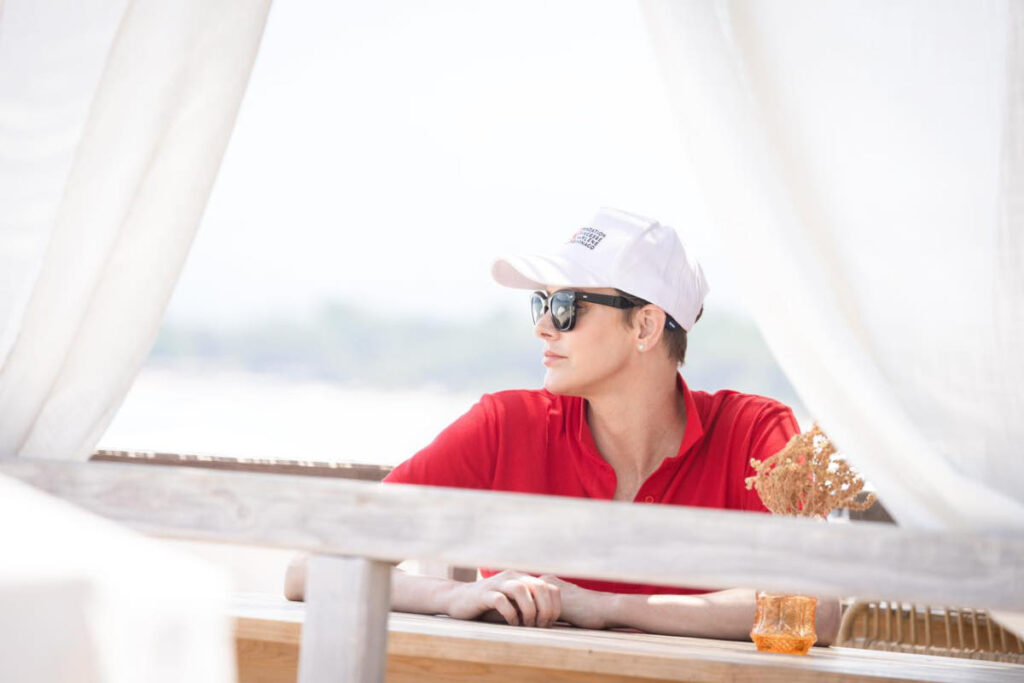Princess Charlene: “Learning to swim should be a fundamental right”

In an exclusive interview with Ouest-France, the former Olympic swimmer reveals the deep-seated pain that fuels her crusade for water safety.
193 people died by drowning in France between 1 June and 23 July 2025. The French health authorities partly attribute the 45% increase over the same period in the previous year, to the scorching summer weather, and high numbers “flocking to bathing sites to cool off.” Behind the stark figures are so many lives cut short, so many devastated families and summers forever shrouded in mourning. This collective tragedy struck a particularly painful chord with Princess Charlene, who told our Ouest-France colleagues that she was “deeply concerned by the sharp rise in the number of drownings.” Especially since her combat for drowning prevention is fuelled by a tragic event that scarred her childhood.
“Learning to swim should be a fundamental right”
Despite the heatwave and the influx of people to bathing spots, the former professional swimmer believes that the risks can be significantly reduced with proper preparation. Princess Charlene is personally and deeply concerned, as her cousin Richard died by drowning at the age of five, when she herself was just a child: “Richard drowned in a river, very close to my uncle’s house. He was only five years old. It was devastating for our whole family. I don’t think that kind of pain ever really goes away.”
Princess Charlene is now keen to emphasise prevention as the “best protection” against water that “can also be merciless.” Invested in teaching children to swim and raising awareness of the dangers of water through her Foundation, the Princess says that learning to swim “should be a fundamental right, just like learning to read.” The aim is to reduce the number of tragedies in the aquatic environment, but also to promote equality. “Cost should never be a barrier to acquiring a life-saving skill,” she added.
“Creativity and cooperation”
That ambition will necessarily require more resources if it is to be achieved. The Princess calls for “creativity and cooperation.” She is referring, for example, to the work her Foundation carries out in certain countries where there are no swimming pools, and to “an educational swimming pool that is set up in a village for the summer” in the Sarthe region of France.
She also praises the work of prominent French swimming figures such as Alain Bernard and Florent Manaudou. “Our approaches are different, but our goals are the same. The important thing is that we’re all moving in the same direction.” The two Olympic champions are calling for the refurbishment of France’s many ageing swimming pools, many of which date from the 1970s when 1000 pools were built in the wake of two dramatic drowning accidents in the summer of 1969.
But it’s not all about infrastructure. Princess Charlene also stresses the importance of training “more lifeguards.” As well as the technical side, she believes a good instructor must be able to pass on “confidence, respect for the water and the right reactions.”
While she is well aware of Monaco’s good fortune, with its “high-quality facilities and supervision,” Princess Charlene stresses that “vigilance is still necessary” and that “nowhere is totally safe.” The Principality has “more resources for prevention,” but as highlighted by the work carried out by her Foundation, Princess Charlène stresses the need to “take the fight beyond our borders.”









